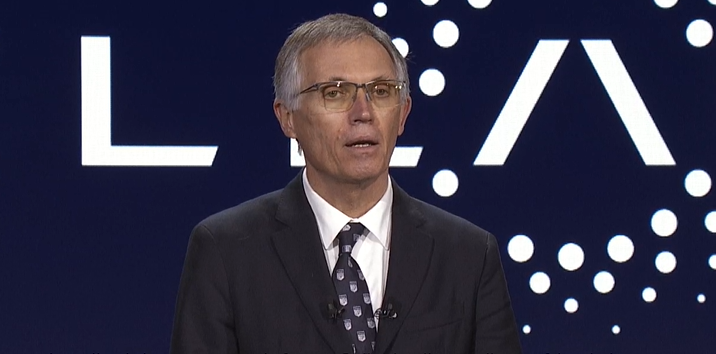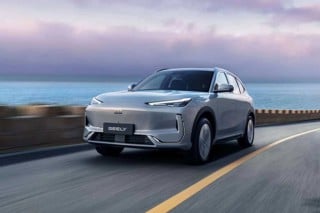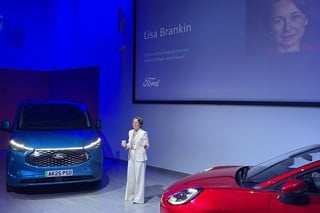The chief executive of Stellantis has slated the UK ZEV mandate, claiming it could drive carmakers to flood the market with EVs, eroding profitability and ultimately threatening their viability.
Carlos Tavares branded Britain's electric vehicle (EV) policy as "terrible", warning that it could ultimately lead to carmakers facing bankruptcy.
Tavares said the UK's quota system which forces manufacturers to meet increasing annual EV sales targets within the UK market has been set at levels “double the natural demand of the market”.
According to Tavares, this could force carmakers to sell vehicles at a loss in order to avoid heavy fines, jeopardising financial stability.
Tavares warned: "To survive, companies have to stay in the black. I will not sell cars at a loss", adding that the net zero measures could mean it scales back its presence in Britain and even force it to cease offering some models.
He told the Financial Times that he had urged UK Transport Secretary Mark Harper to consider revising the targets, proposing measures such as allowing electric van sales and EV exports to contribute towards the quotas.
In view of the UK's post-Brexit autonomy, Tavares suggested that such regulatory changes could be implemented swiftly to lessen the burden on carmakers - without incurring costs to UK taxpayers.
The UK's ZEV mandate aims to accelerate the transition from petrol and diesel cars to electric models by 2035, with EV sales targets progressively increasing.
EV car sales targets for this year have been set at 22% rising to 28% next year to reach 80% by 2030. EVs however made up only 15.5% of UK car sales in the first three months of the year.
Stellantis brands which include Peugeot, Citroën, Fiat, and Jeep in the UK, represent a combined 13% of electric car sales and 8.6% of electric van sales with Tavares acknowledging consumer caution towards EVs due to higher costs and charging infrastructure concerns.
In response, the Department for Transport affirmed that the government had collaborated extensively with the industry, including Stellantis, to ensure that the zero-emission vehicle mandate was a viable means to achieve the transition towards electrification with concessions granted to some carmakers, including allowances for CO2 emissions reductions to offset lower EV sales.
Stellantis is also understood to be actively engaged in discussions with the government regarding support for transitioning its Luton plant into an all-electric facility.




















Login to comment
Comments
No comments have been made yet.